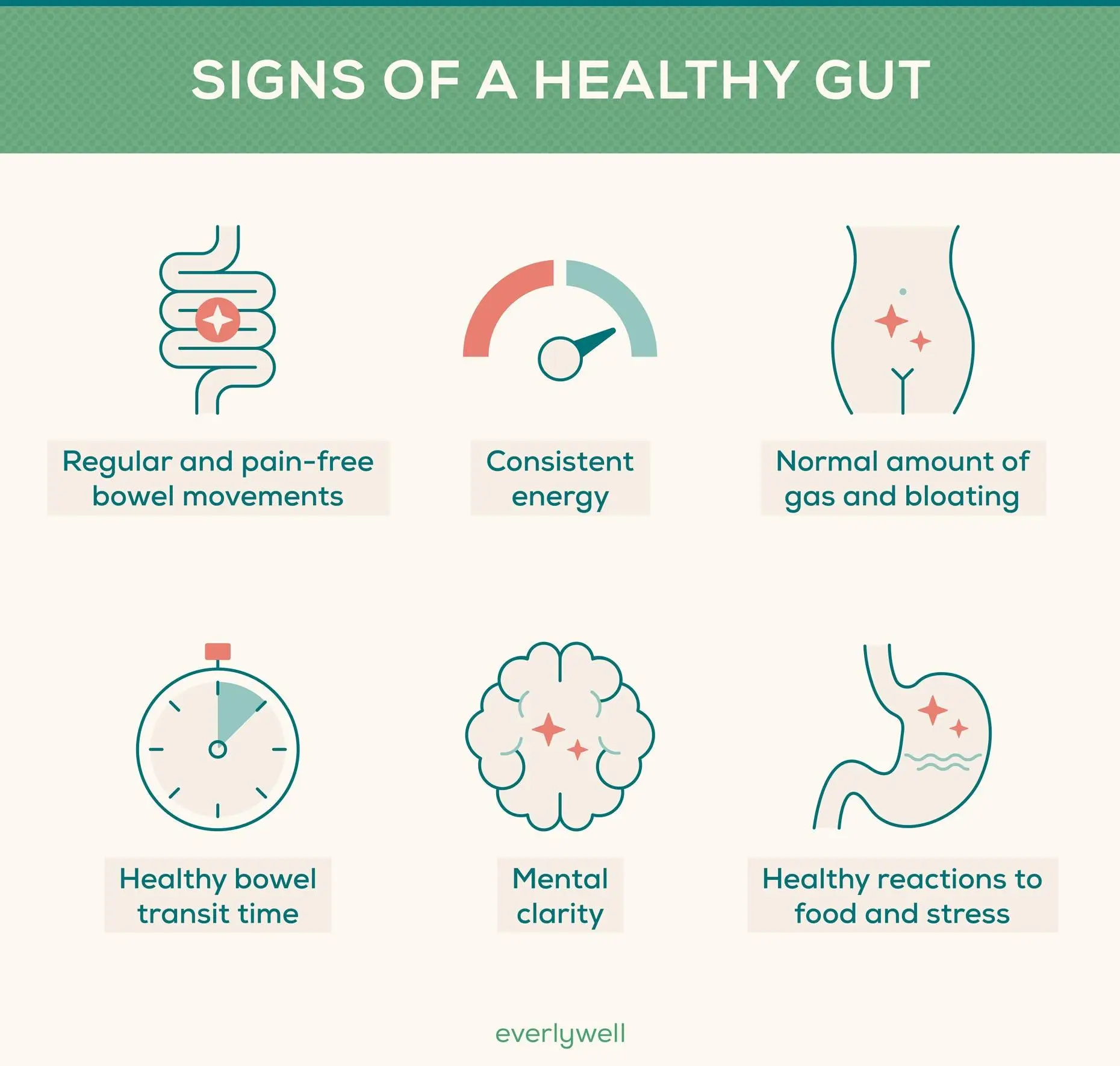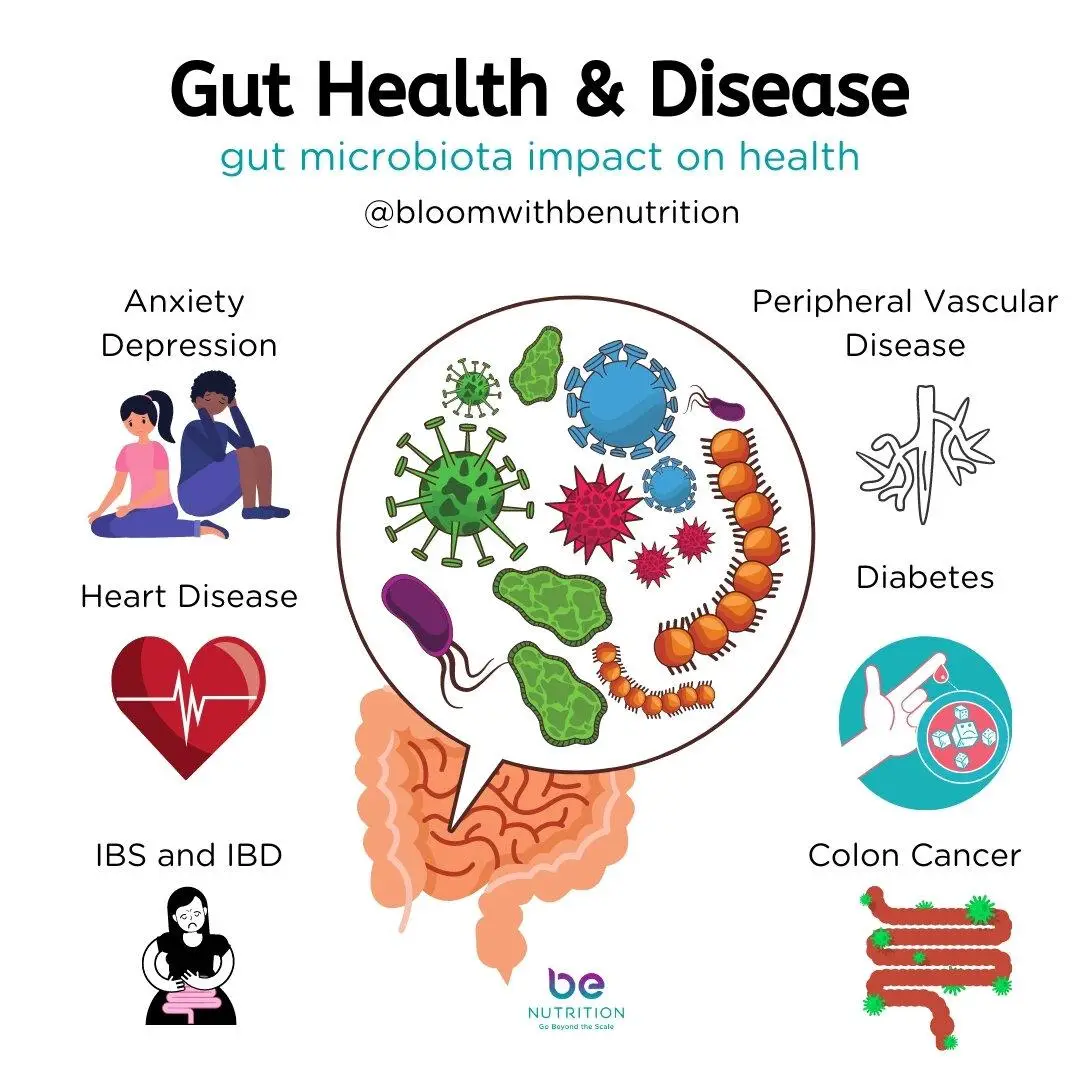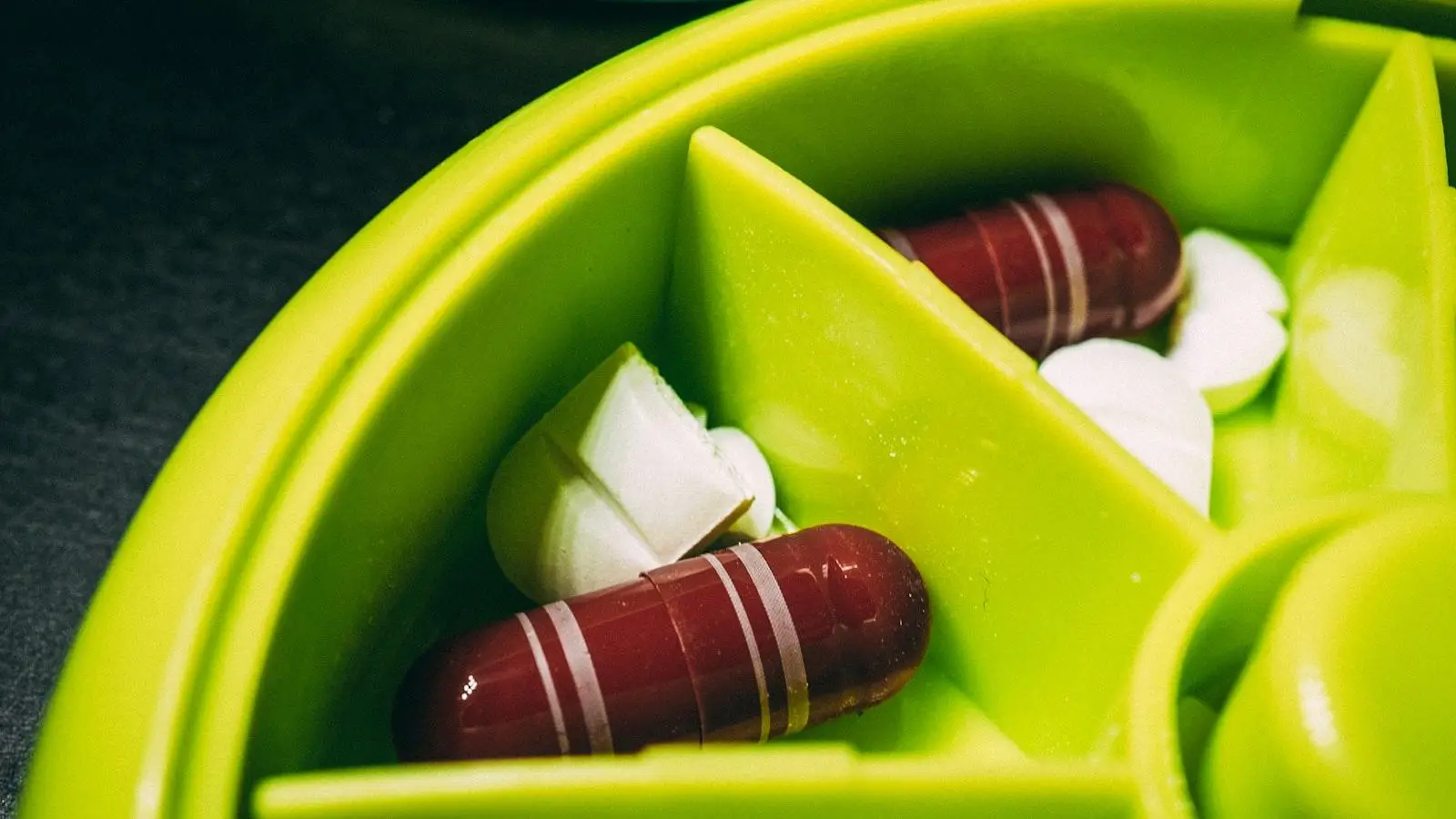Your gut is more than just a digestive system – it’s a complex ecosystem that plays a crucial role in your overall health and well-being. From the foods you eat to the lifestyle choices you make, every aspect of your daily routine can have a profound impact on your gut health. In this guide, we will explore the tips and tricks to help you cultivate a healthy digestive system and achieve optimal gut health. So sit back, relax, and get ready to embark on a journey to a happier, healthier gut.
Understanding the Gut Microbiome: Key Players in Digestive Health

The gut microbiome plays a crucial role in our digestive health, with trillions of bacteria, fungi, and other microorganisms living in our digestive tract. These tiny organisms help break down food, absorb nutrients, and even support our immune system. By maintaining a healthy balance of gut bacteria, we can improve our overall well-being.
One key player in the gut microbiome is probiotics, which are beneficial bacteria that can help restore balance to the gut. Incorporating probiotic-rich foods like yogurt, kefir, and sauerkraut into your diet can help support a healthy digestive system. Additionally, prebiotics are also important for gut health as they provide food for the good bacteria in our gut. Foods like garlic, onions, and bananas are rich in prebiotics and can help promote a healthy gut environment.
In addition to incorporating probiotic and prebiotic-rich foods into your diet, staying hydrated is also crucial for a healthy digestive system. Drinking plenty of water helps keep things moving smoothly in your digestive tract and can prevent constipation. Managing stress levels through techniques like meditation, yoga, or deep breathing exercises can also support a healthy gut microbiome. Remember, a happy gut leads to a happy and healthy you!
| Probiotic Foods | Prebiotic Foods |
|---|---|
| Yogurt | Garlic |
| Kefir | Onions |
| Sauerkraut | Bananas |
Foods to Support Gut Health: A Balanced Diet for Optimal Digestion

Foods to Support Gut Health:
When it comes to maintaining a healthy digestive system, the food you eat plays a crucial role. Incorporating a variety of foods that support gut health can help optimize digestion and overall well-being.
Probiotic Foods:
- Yogurt
- Kefir
- Sauerkraut
Prebiotic Foods:
- Garlic
- Onions
- Bananas
Probiotic foods contain live beneficial bacteria that promote gut health, while prebiotic foods provide fuel for these good bacteria to thrive. By including a mix of both in your diet, you can support the balance of your gut microbiome.
Whole Grains and Fiber:
- Quinoa
- Brown rice
- Oats
Whole grains and fiber-rich foods are essential for a healthy digestive system. They help regulate bowel movements and maintain a healthy gut environment. Including a variety of whole grains in your diet can promote optimal digestion and gut health.
Lifestyle Habits for a Healthy Gut: Incorporating Digestive Wellness into Your Routine

Having a healthy gut is essential for overall well-being. Incorporating digestive wellness into your routine can make a significant impact on your health. Here are some lifestyle habits you can adopt to promote a healthy digestive system:
- Eat a Balanced Diet: Focus on consuming a variety of fruits, vegetables, whole grains, and lean proteins. Avoid processed foods and excessive sugar, as they can disrupt the balance of good bacteria in your gut.
- Stay Hydrated: Drinking an adequate amount of water throughout the day helps to keep your digestive system running smoothly and aids in the absorption of nutrients.
- Get Regular Exercise: Physical activity not only benefits your overall health but also promotes healthy digestion by stimulating the muscles in your digestive tract.
Additionally, you can incorporate probiotics and prebiotics into your diet to support the growth of beneficial bacteria in your gut. These can be found in foods like yogurt, sauerkraut, and bananas. Remember, listening to your body and paying attention to how different foods affect your digestion is key to maintaining a healthy gut.
Q&A
Q: What is gut health and why is it important?
A: Gut health refers to the balance of microorganisms that live in the digestive tract, supporting essential functions like digestion and immune system regulation. It is crucial for overall well-being.
Q: How can I improve my gut health?
A: Incorporating probiotic-rich foods like yogurt and kefir, eating fiber-rich fruits and vegetables, and staying hydrated are great ways to support a healthy digestive system.
Q: What are some signs of an unhealthy gut?
A: Symptoms of an unhealthy gut can include bloating, gas, diarrhea, and constipation. Additionally, skin issues, fatigue, and frequent illness may also indicate poor gut health.
Q: Are there any lifestyle factors that can affect gut health?
A: Yes, factors like stress, lack of sleep, and a diet high in processed foods and sugar can negatively impact gut health. It’s important to prioritize self-care and make mindful food choices.
Q: How long does it take to improve gut health?
A: The timeline for improving gut health can vary depending on individual factors, but making consistent changes to diet and lifestyle habits can lead to positive results over time. Be patient and stay committed to nurturing your gut health.
Closing Remarks
As you’ve learned from this guide, taking care of your gut health is crucial for overall well-being. By incorporating these tips into your daily routine, you can support a healthy digestive system and improve your overall health. Remember to listen to your body, make mindful food choices, stay active, and prioritize self-care. Here’s to a happy gut and a vibrant life!



